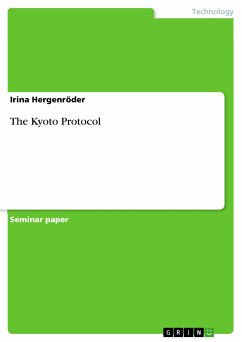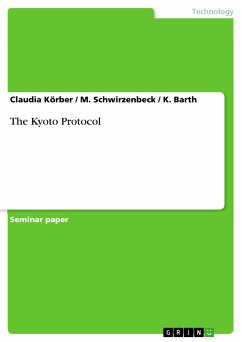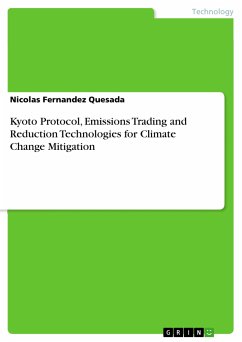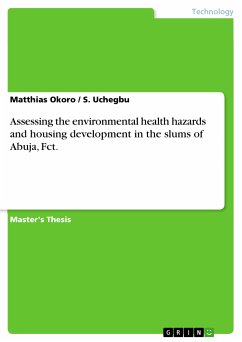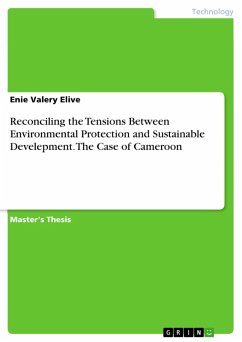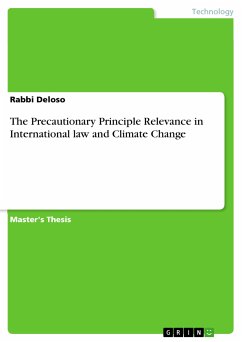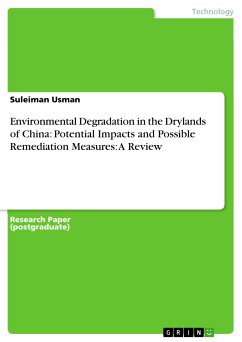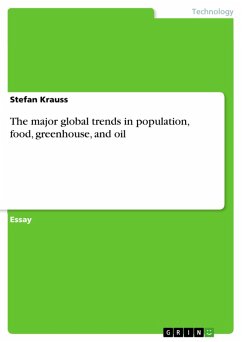Seminar paper from the year 2007 in the subject Environmental Sciences, grade: 1,7, University of Applied Sciences Constanze, course: Environmental Economics, language: English, abstract: The debate around the climate policy of the earth is absolutely one of most complicated and most important of our time, even if it owns no big public lobby of spectacular events. Some small island states in the South Pacific are worried by the forecast increase of the sea level above their living space. Again others see in the warming of the terrestrial atmosphere only one of the regularly returning climate variations and no reason for concern. Hence, it is even more astonishing that one has succeeded in spite of these opinion differences in bringing this discourse in Kyoto to a result and in negotiating a protocol, which supports the process. The result of the discussion was in 1997 the Kyoto Protocol, which is to be seen till the present as a milestone in international climate policy. For a long time it was uncertain, whether it one day will come into effect - however, it has: The Kyoto Protocol obliged from the 16th February, 2005 after many years tough negotiations, more than 30 industrial states under international law to reduce their greenhouse gas emissions. Concerning this event, the following questions arise: what does the Kyoto Protocol signify? What does it contain and how effective can it really be? The present work looks at these questions. Firstly, the natural and the anthropogenic greenhouse effect and the following predictions should be shown as bases to make clear the necessity of active climate protection policy. Afterwards the Kyoto Protocol is explained in its climate-political connections, contents and instruments and, in the end, benefits and critical points will be shown. In my opinion, criticism is necessary to allow a comprising assessment of the protocol. Finally, it must be emphasized that with the given time a complete representation of such a complicated subject area will not be possible. Therefore, I will explain the most important issues and give a general overview rather than go into details in order to treat the subject as the whole.

